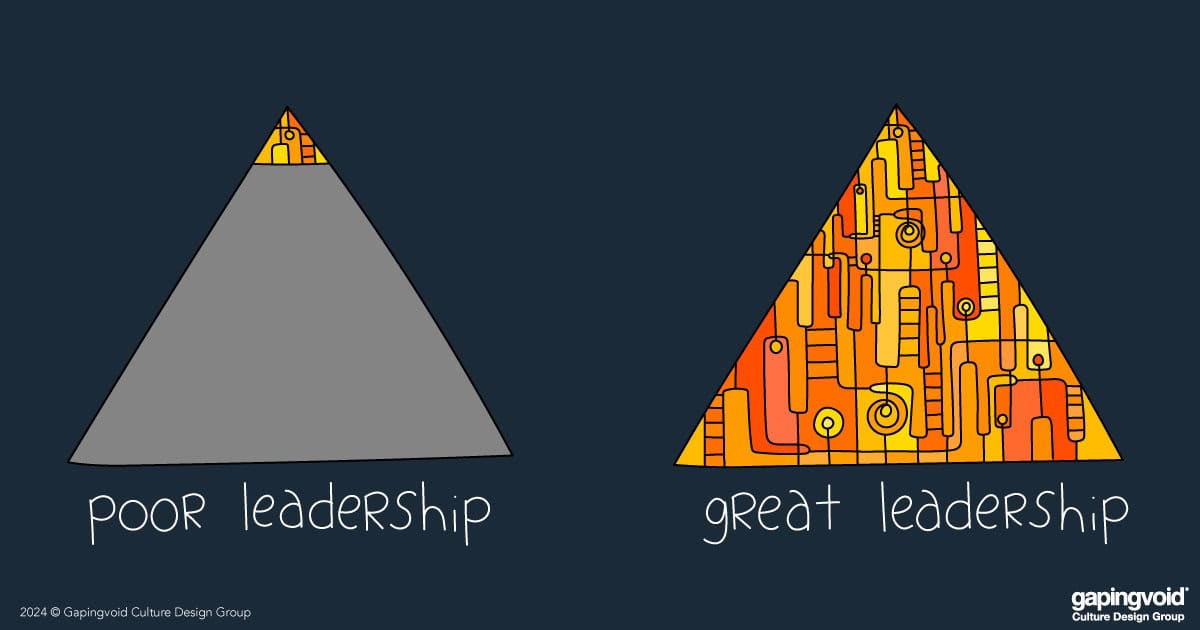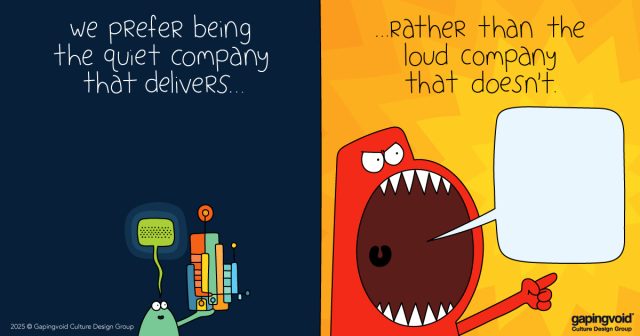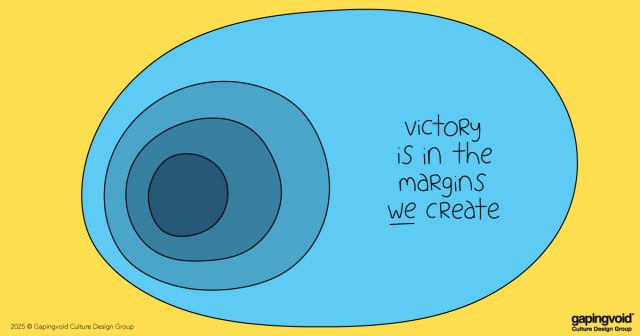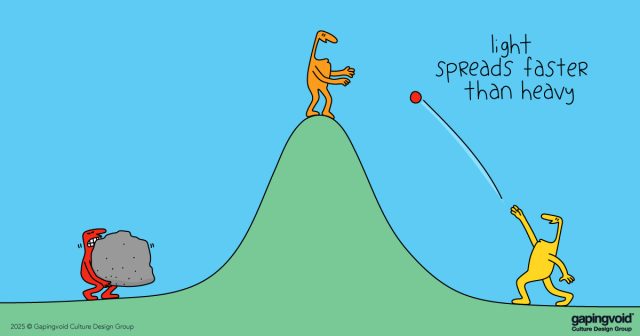
Napoleon didn’t conquer most of Europe all by himself. He had other people helping him, of course. Literally armies of them.
The reality is, it’s not the leader’s job to do the actual work, nor should it be.
It’s the leader’s job to create the conditions where the work can get done. And Napoleon was damn good at it, at least at first. So were other great leaders.
Henry Ford didn’t build every Model-T himself, nor did Margaret Thatcher run the entire UK Government single handedly. But they sure knew how to put a winning team together and empower people to do things they couldn’t.
The most important job of a leader (which you rarely see in a job description) is to create the conditions where the necessary work can get done, preferably in a manner superior to the alternatives. AKA to create a great culture.
The trouble is creating culture is really hard and many environments can get toxic quick. Here, again we can learn from Napoleon.
Napoleon wasn’t born into the Big Leagues, he got there on talent (a feat unheard of before the French Revolution in 1789). So not surprisingly, he liked his Generals under him to be talented as well, instead of the usual nepotism that infested the European officers’ ranks in other armies. And his Generals felt the same about the people under them, all the way down.
It was only when the French armies started winning a bit too much and they thought of themselves as more and more infallible, did all this winning culture start breaking down. Ultimately, this resulted in Napoleon’s disastrous decision to invade Russia in 1812 (“Of course they’ll surrender the minute they see Me, Wonderful Me, heading their way!”).
We see this all the time, closer to home. Alphabet/Google have recently started to find out the hard way what happens when one’s culture starts to curdle. If it can happen to Napoleon, it can certainly happen to Sergey and Larry.
This is just one recent example, but the historical record is stuffed to the brim with them.
If creating a great culture is Job Number One for a leader, then you could argue preventing the culture from going toxic in the first place is Job Number Two, right?
Food for thought.



